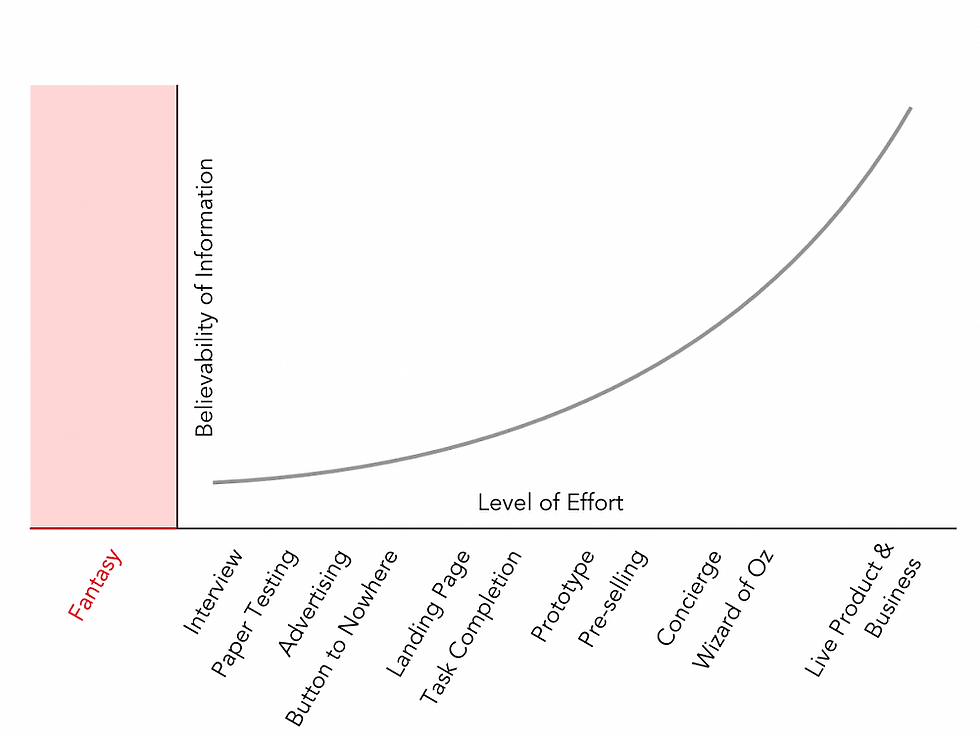Lean Startup in 2022
- Alex Reizer

- Jun 16, 2022
- 2 min read
I've been thinking about Lean methodology, due to recent events: mass layoffs, potential recession, all on the heels of the best year Startups ever had in 2021 ($643 Billions from VCs).

Eric Ries wrote the "The Lean Startup" to help companies avoid waste, and focus on product-market fit, pivot or persevere, and focus on an iterative cycle of building, measuring and learning from it, at a rapid pace. In a cash-rich environment, those things mattered less.
Companies, much like people (as they are comprised of people), don't seek change unless the impetus for it exceeds the one for the status quo. And if you can simply recruit more people to solve a problem, and don't have to turn a profit for years, you might be less inclined to focus on getting to that ever elusive product-market fit that can also sustain your company with paying customers. Now, we seem to be heading towards a recession, and we may see a change for the better, in my eyes. More focus on principles that may help reduce cash burn, more focus on iterating until you get it right, or dump the idea all together, instead of wasting hundreds of millions understanding you can't ever be profitable.
So, what can you do? Combine arms, in the knowledge sense.
Apply Lean thinking (can't call it a methodology) and avoid wasteful and prolonged slogs toward a goal you set years ago, in a different market/environment.
Be Agile - accept uncertainty and that your initial ideas aren't your best ones, no matter how many years you've been at a certain company.
Empower product teams to explore and discover solutions with real customers you may not have considered (as an executive), to create not just minor and incremental change (nothing wrong with it, it just can't be the only change you create), but come up with innovative ideas.
Employ Evidence Based Management at your company to quantify qualitative goals such as reducing your Time to Market, or Ability to Innovate.
You can do this individually, at the team level, in different parts of your organization. The price of avoiding change, at this period, may finally be higher than the price of changing. Use that to your advantage. The famous Clay Christensen discussed the forces compelling change or opposing change. It seems the push of the situation (recession/layoffs/difficulty of gaining venture capital) maybe be sufficient at this period, and lower anxiety of the new solution. Check out this article for more details about changing behavior.





Comments